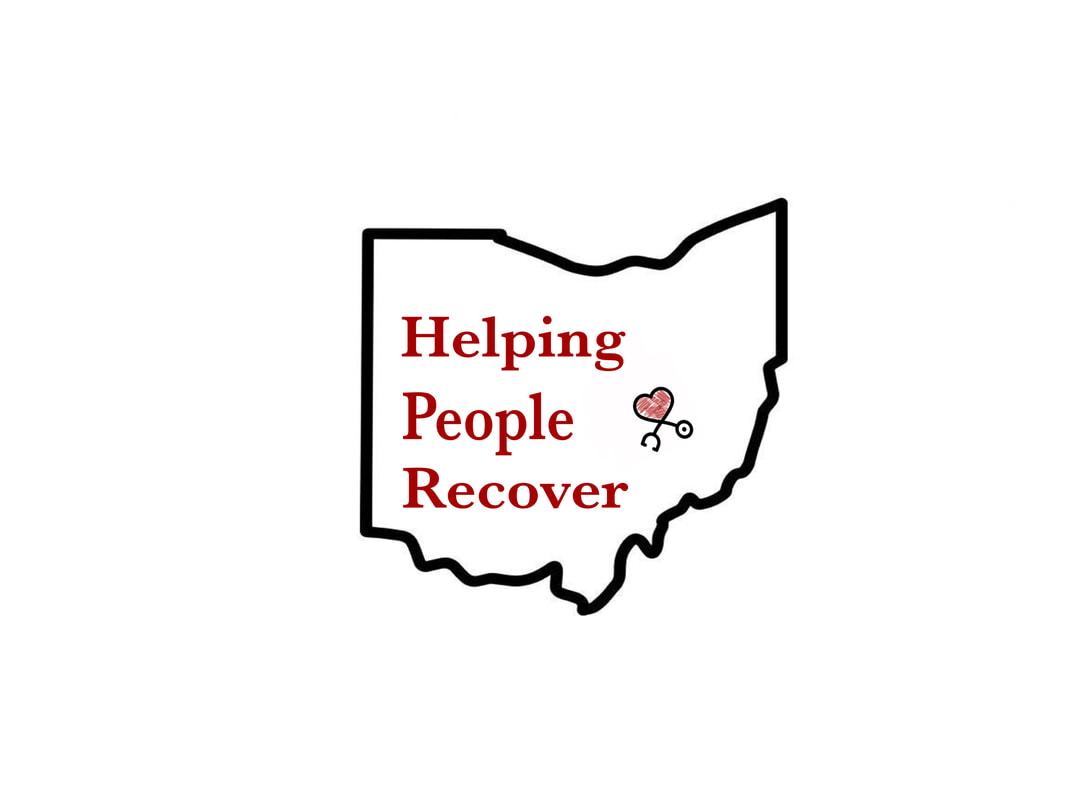|
By Anthony Anders, ADC, LCDC-III
Chemical Dependency Counselor “We did not see it coming.” I hear this all the time. I have parents and spouses and kids and friends and families all say this at one point. Addiction and its deviant behaviors often have a turning point. A point where things went wrong. However, many compare outward looking at addiction and its behaviors through the portal of what we may see in the media or vicariously through those we know in the community. They wait until it is too late assuming that one may have to pass out in the yard or be behind bars to take action. The challenge when things hit home is that we are so close and intertwined with those in our household or families to where we may see things being a bit “off” but not indicative of a problem festering deep down. When certain behaviors do surface, we either shrug off the small stuff as inconsequential or worthy of being tabled until later, or we many may bury their head in the proverbial sand hoping the signs will play out, fizzle, and go away. However, addiction is not a sum of quantities and chemicals. We cannot exclusively judge an impending or current crisis by the drug one is using or how much and for how long. The chemicals one may use that get them into trouble is often indicative of an impaired coping method and not just simply one reaching for destruction and/or recreation. People may dismiss the signs of a problem rationalizing that “it is not that bad [yet],” or “they are only doing/using XYZ so it is not a problem [yet].” We can often justify and rationalize and postpone and deny all the while a loved one slides further toward the abyss of graver outcomes. Time is of the essence and swift action saves lives and restores wellness. Addiction and chemical dependency are results of a series of choices and behaviors that link to grow until they begin to dominate and destroy the host. This is why it is imperative to explore, question, inquire, and intervene as soon as possible to intercept one who may be going down a dark path. The challenge does lie, when it hits home, to finding a balance from looking at things through the lens of disappointment and anger and a proper objectivity that will implement the strategies it takes to achieve desired results. When a family member (or friend) shows signs of trouble I recommend the following:
Tony can be contacted by emailing him at: [email protected]
0 Comments
Leave a Reply. |
Anthony Anders, ADC, LCDC-IIIAnthony is the lead counselor at HPR Clinic and assists individuals and families in reaching their recovery goals. Archives
October 2017
Categories |
 RSS Feed
RSS Feed
